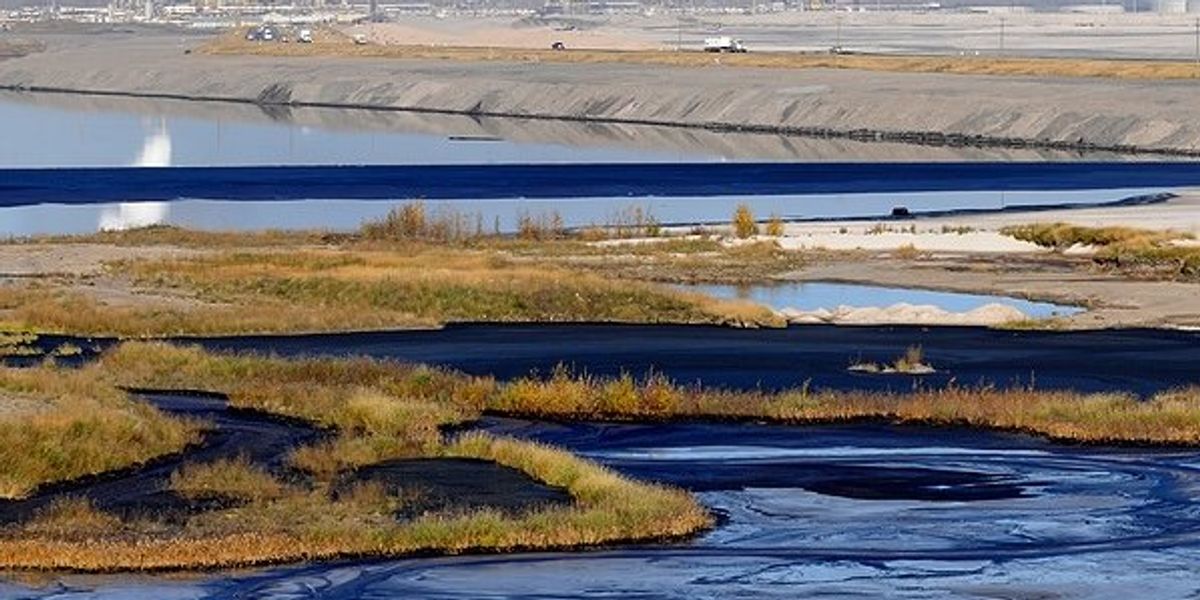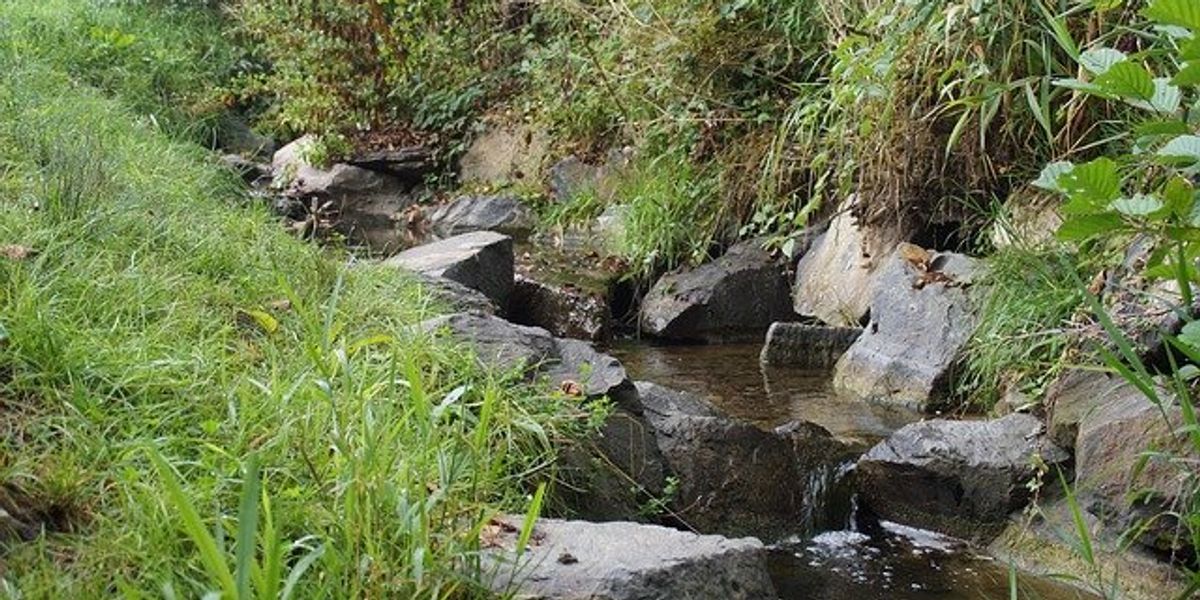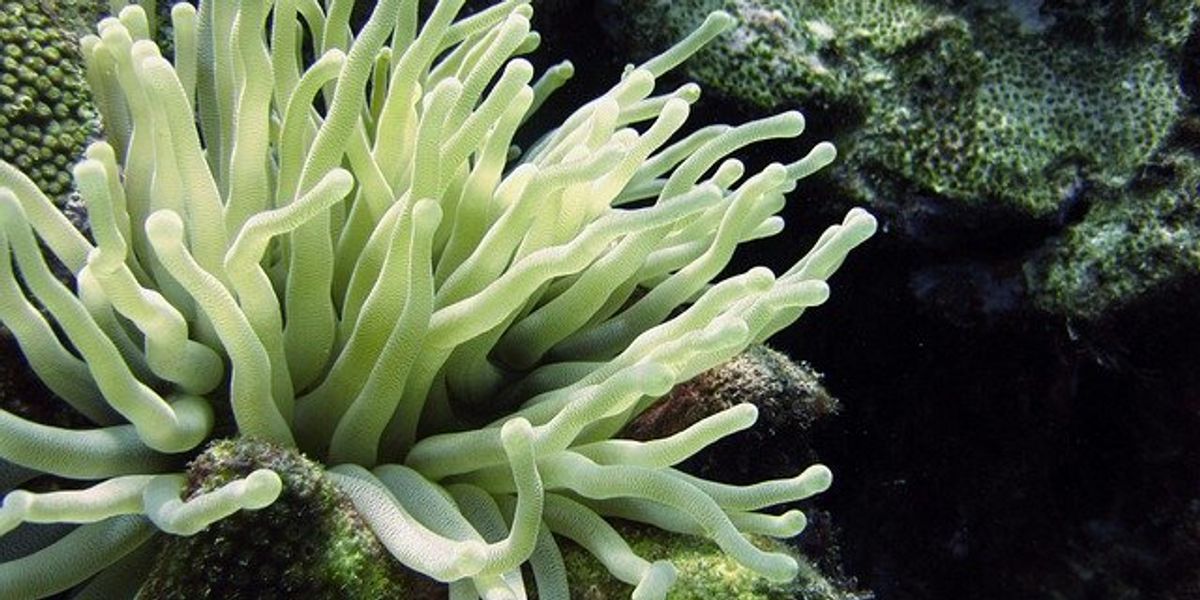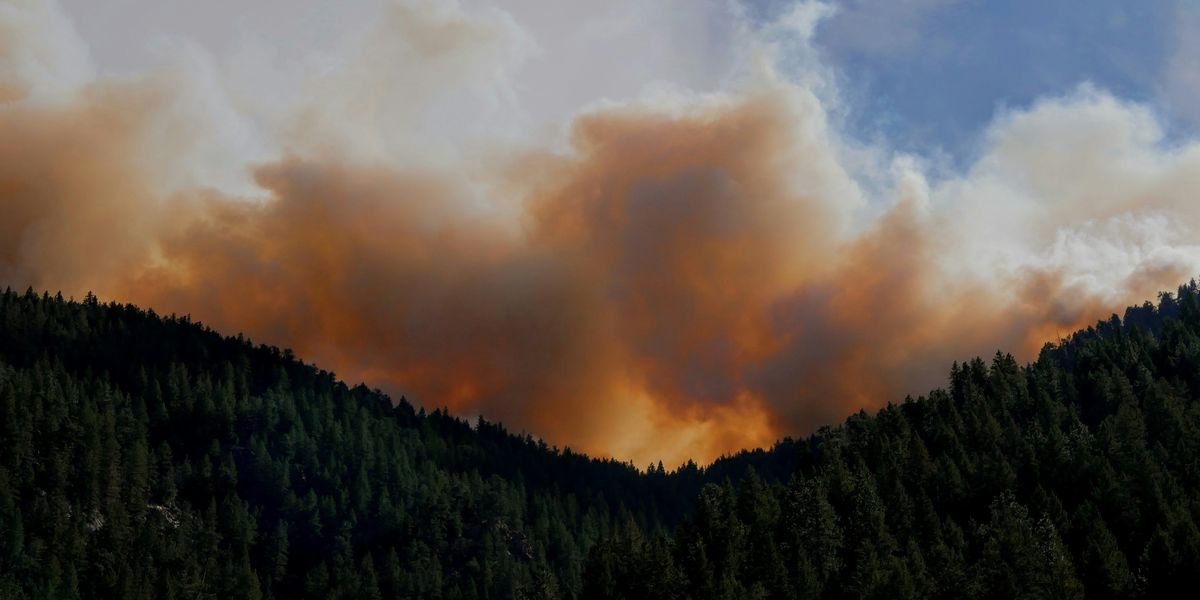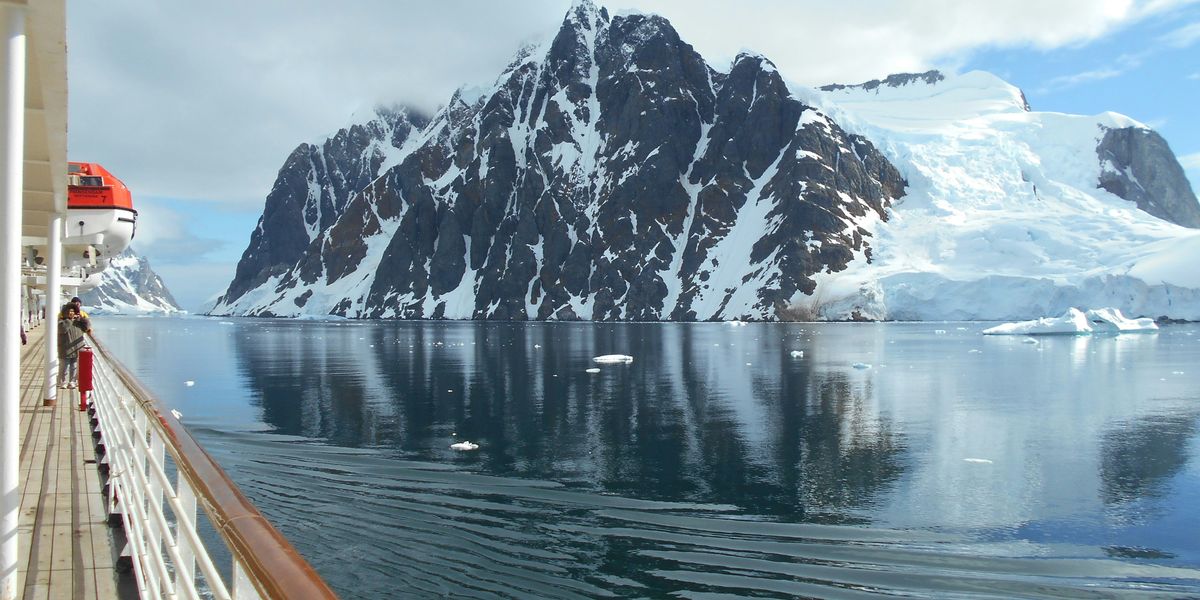kelp
Seaweed's champions: How science is changing our view of the ocean's least loved plants
Kelp forests around the world are threatened by climate change, overfishing, pollution and development. A growing global interest in their critical role in marine ecosystems could help save them, but will it be too little, too late?
Paul Tullis reports for the Bulletin of the Atomic Scientists.
In short:
- Kelp provides vital ecosystem services, including habitat provision and oxygen production, outpacing even the Amazon rainforest.
- Despite historical underfunding, kelp forest research is gaining momentum worldwide.
- Covering vast areas of the ocean, kelp forests are crucial for marine biodiversity, acting as nurseries and shelters for various marine species.
Key quote:
“Kelp forests provide critical ecosystem services to humans, similar to those provided by coral reefs and tropical forests."
— Thomas Wernberg, marine biologist at the University of Western Australia in Perth
Why this matters:
Kelp forests provide a dense habitat and rich feeding grounds for a wide array of marine life, from invertebrates and fish to sea otters and seals. Beyond their ecological value, kelp forests are also champions of carbon sequestration. They absorb carbon dioxide during photosynthesis, thus playing a crucial role in mitigating climate change.
There's wide acknowledgement of the vulnerability of marine ecosystems in an ocean that's rapidly warming and acidifying, but the collective will to enact protective measures in the ocean is often lacking.
Kelp keeps a record of environmental calamity
Kelp wanted: How seaweed farmers can curb the vicious cycles of climate change
Baby sea otters are adorable. But they aren’t wanted everywhere
Is kelp the next ocean hero? Only if we can protect it
Preparing for the worst with a kelp seed bank
World’s at-risk kelp forests provide billions of dollars in benefits, study shows
The climate crisis, overfishing, invasions of voracious sea urchins and pollution are putting at risk the world’s kelp forests, threatening the economic benefits they provide and the huge array of species they support.













